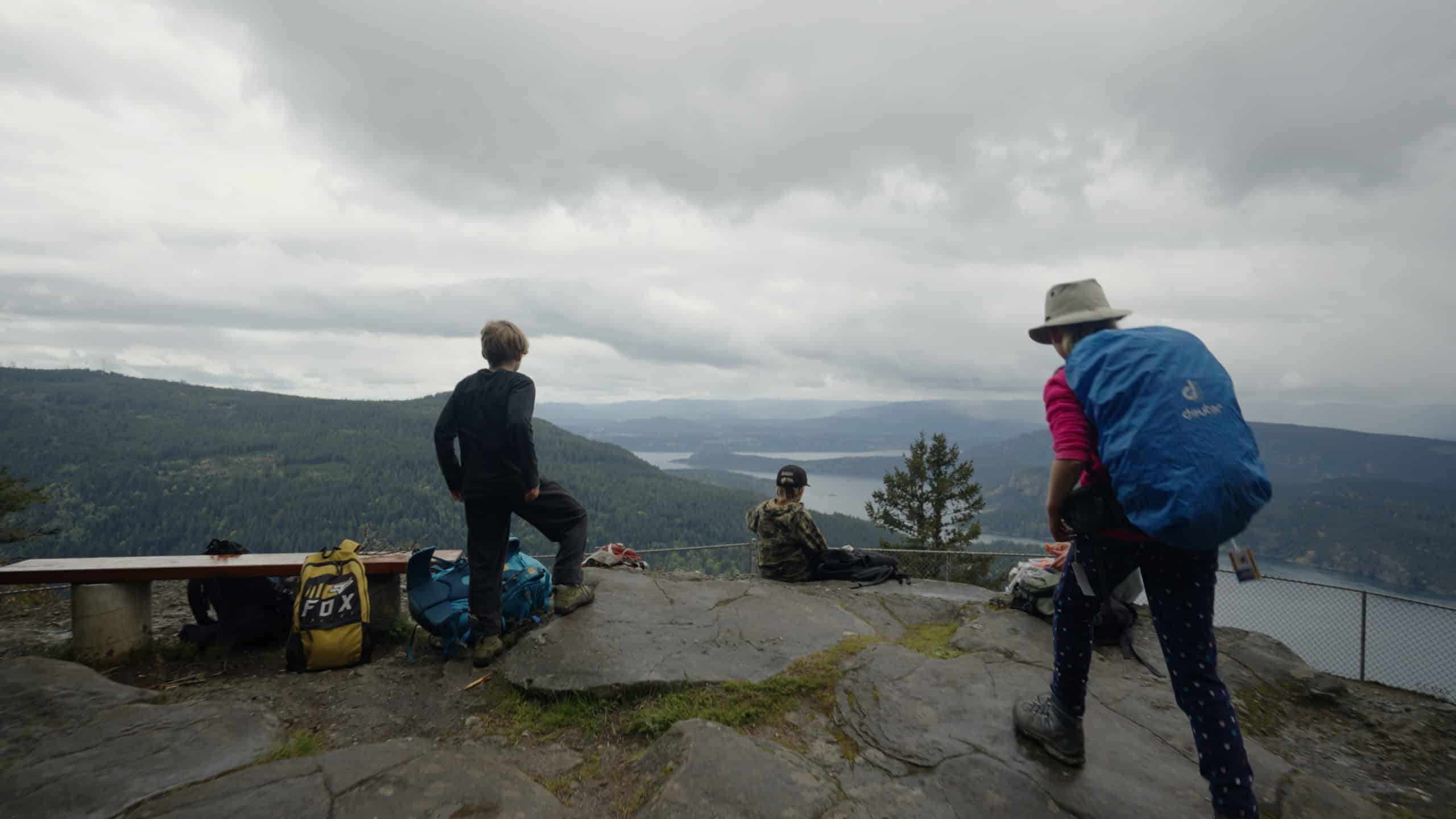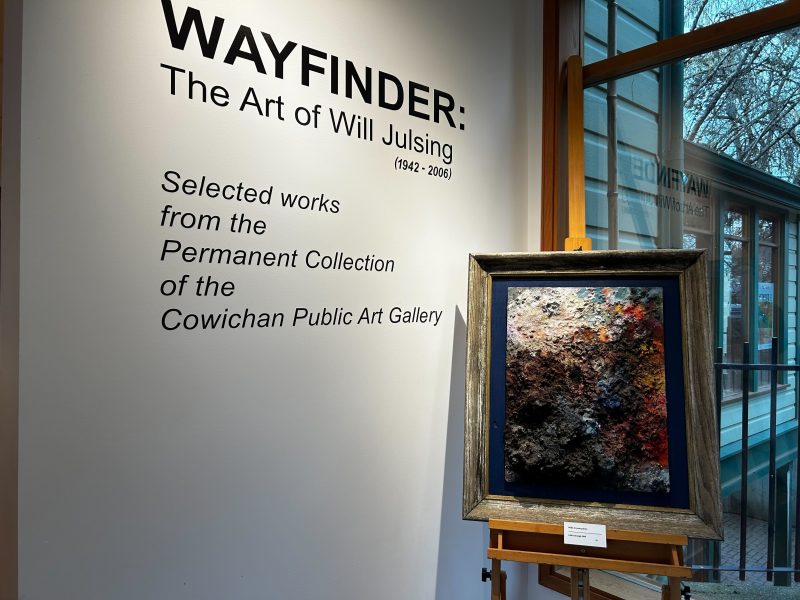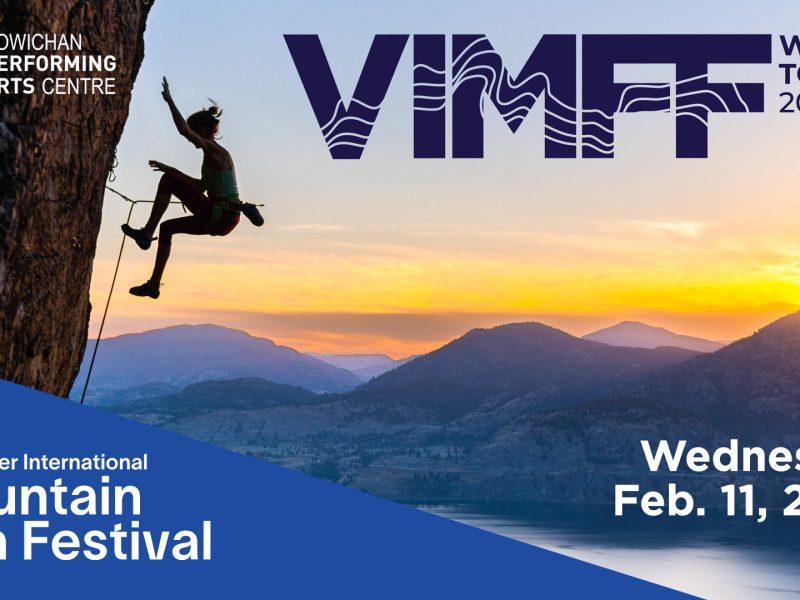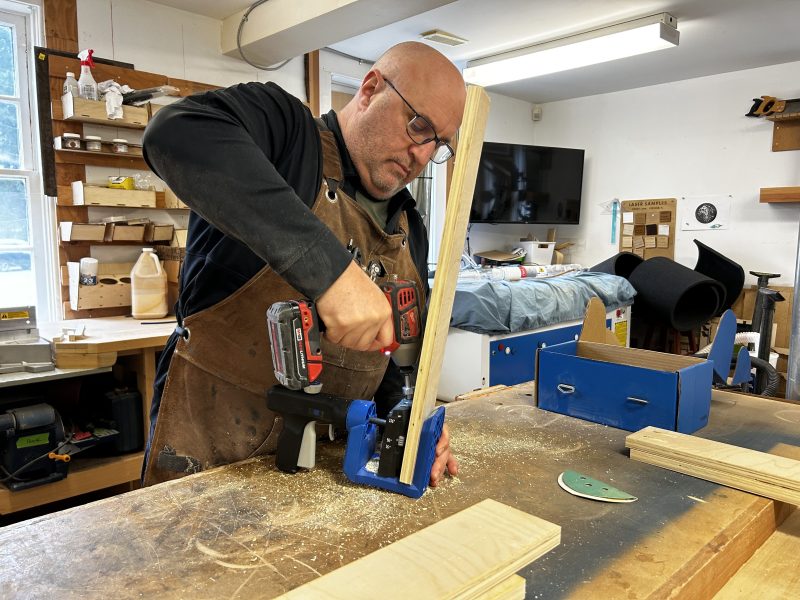
When Coast Salish visual artist and filmmaker Arianna Augustine first connected with students and staff at Mill Bay Nature School, she noticed that something special was happening there.
“What is really happening is they’re going back,” Augustine says. “They’re listening to the knowledge from Elders and going back to a much more traditional way of teaching and learning that has been happening for millennia in Indigenous communities and with Hul’q’uminum people.”
Part of the Cowichan Valley School District, the public school has been around since 2018 and is open to all children in the region. The school also carries the name Q’shintul, a Hul’q’uminum word gifted by an Elder-In-Residence, which means to walk together.
The school focuses on land-based programming that brings in Indigenous teachings through the meaningful inclusion of Elders and Knowledge Holders in its programming. The partnership they’ve formed to serve the xe’ xe’ smune’em — the sacred children — honours learnings from the land and Indigenous ways of knowing. The school’s curriculum follows provincial guidelines, but also stems from a place of questioning and curiosity to help students develop critical and reflective thinking skills, communication, and social understanding.
Kim Ondrik, the school’s head learner (which another school might call a “principal”), was inspired by a student to consider the school’s impact on others, as well as the deep history of the lands on which the school sits.
Ondrik heard a student begin a land acknowledgement by recognizing the 10,000 year history of Hul’q’umi’num Peoples on the lands and wondered how the number 10,000 might be meaningfully represented.
“I and the other staff had been thinking, ‘How can we show 10,000 — and then 200, which is colonial times?’” Ondrik says. “In our society we talk as though the last 200 years have been 10,000 years and are surprised about the innovation that has been going on for 10,000 years on this land.”
Now, with guidance from Elder-in-Residence Tousilum, the school has a goal to collect 10,000 gifts — each no bigger than the palm of your hand and with a hole in it — to be strung up in the gym with accompanying notes from the people who offered them. The project is called “10,000 Gifts: Witnessing Q’shintul.”

Augustine and her partner, Matt Gladman, will follow the school as it embarks on this project. Their goal is to produce a film that also tells the story of what the school is doing differently when it comes to education.
The final product will be twofold — a curated display of 10,000 gifts to be strung where visitors to the school, staff and students can see it every day, and a documentary about the project and school’s impact to be shown on Telus Optik TV thanks to a $20,000 grant from Telus STORYHIVE.
In addition to representing the history of the land, the gifts will represent lives lost to residential “schools” and the impact that a small school can have on the world.
“With the 10,000 gifts idea I was thinking ‘Wouldn’t it be cool to think about how we could impact 10,000 people? Could we impact 10,000 people? Is that silly or is that possible?’” Ondrik says. “We have people visit from all over the province … There’s definitely a taste of people curious about what we’re doing and our partnership with Hul’q’umi’num People.”
Augustine, whose family is from the St’zuminus Nation, says she sees that the school is leading with action rather than words. She recognizes the special relationship formed between Ondrik, the school and Elder Tousilum.
“I think the experiences the kids are getting around Indigenous culture and practices are really special,” Augustine says. “It’s something we’re not seeing to this degree in many areas.”

On Friday, June 24, the school will hold a gathering to launch the 10,000 Gifts project. It will include ceremony, dancing, singing and food donated by Nourish Cowichan.
Those attending will have an opportunity to bring their gift to the event and fill out a card about their relationship to the school, the significance of the gift and what collecting 10,000 gifts means to them.
“The children have been inviting all sorts of people and hoping they’ll come,” Ondrik says.
Those who can’t make the launch event can drop off their gift to the school or mail it any time.
“In a world that can be critical and challenging … it’s worth the effort to do this kind of work,” Ondrik says. “I think the idea of it becoming ceremonial and sharing positive, encouraging words to children and staff will be lovely.”
More details about the project and launch event can be found on the school’s website. [end]



